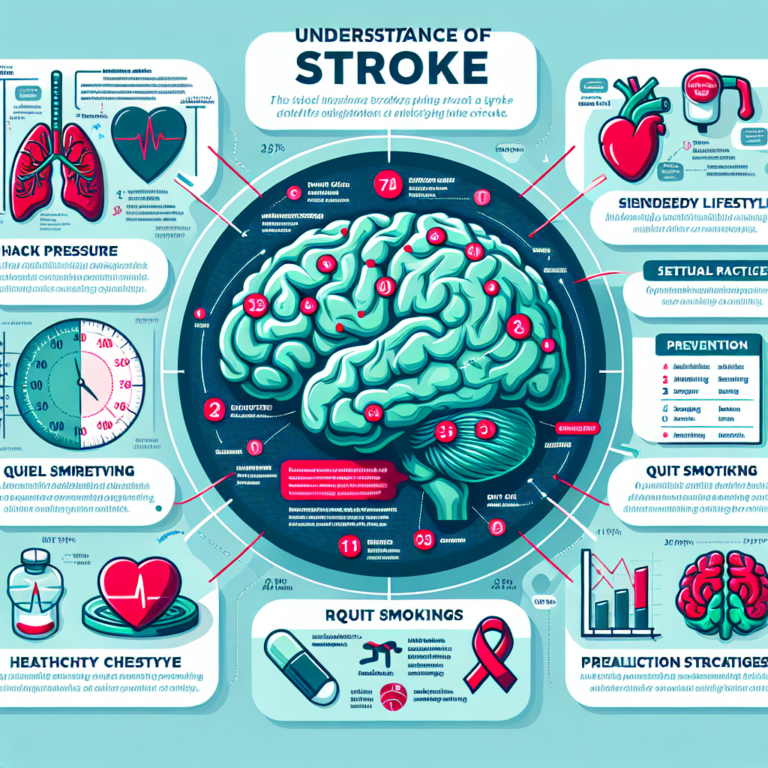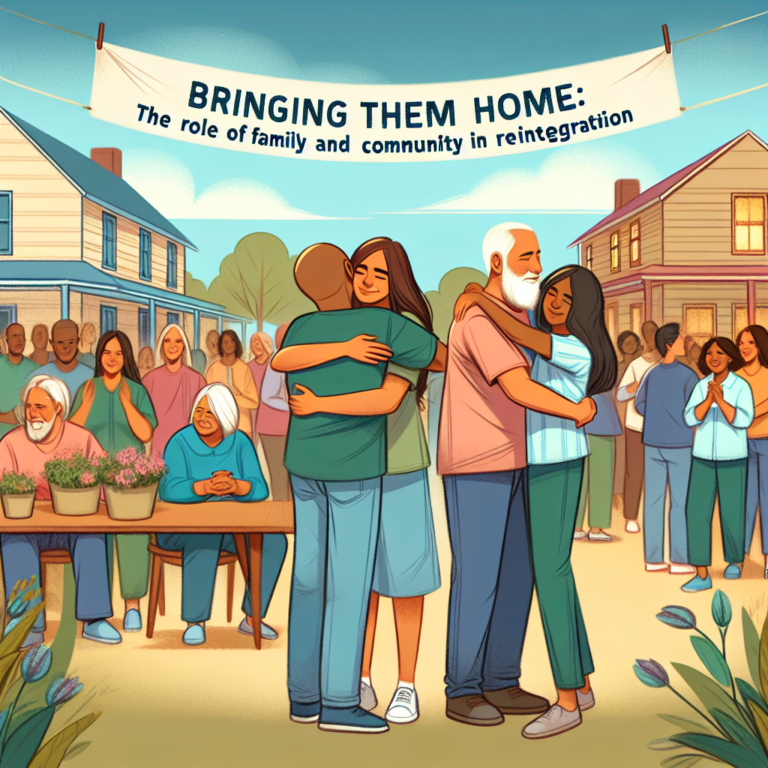
Introduction
In today’s bustling world, caregivers often find themselves fighting a seemingly endless battle against fatigue, stress, and isolation. Balancing the responsibilities of work, family, and caregiving can feel like an overwhelming challenge. However, amidst this struggle lies a powerful solution: Community Connections. This article delves into how local resources can help tired caregivers not just survive, but truly thrive, providing the essential support they need.
Understanding the Caregiver Experience
The Weight of Caregiving
Caregivers are the unsung heroes of our society, often providing invaluable support to aging parents, disabled family members, or spouses dealing with chronic illnesses. While this role can be rewarding, it often comes at a cost—physical, emotional, and mental exhaustion.
Statistics on Caregiver Fatigue
- 53% of caregivers report feelings of stress.
- 40% say they experience depression.
- Over 60% neglect their own health.
These statistics highlight the urgent need for caregivers to connect with local resources.
The Role of Community Connections
What Are Community Connections?
Community connections refer to the network of resources, organizations, and individuals within a locality that can offer support to caregivers. This can include local support groups, healthcare services, educational workshops, and even recreational activities.
Why Community Connections Matter
Connections within the community provide caregivers with:
- Emotional Support: Sharing experiences with others can alleviate feelings of isolation and stress.
- Practical Resources: From respite care options to financial assistance programs, community resources can significantly lighten a caregiver’s load.
- Access to Knowledge: Workshops and support groups offer valuable information and coping strategies.
Transformational Case Studies
Case Study 1: The Power of Support Groups
Background: Sarah, a dedicated caregiver for her mother with Alzheimer’s, felt overwhelmed and isolated.
Community Connection: Sarah discovered a local Alzheimer’s support group.
Outcome: Through the group, she gained emotional support and learned effective caregiving strategies, reducing her feelings of isolation. The camaraderie she found helped her manage her mom’s illness better and also prioritize her own well-being.
Case Study 2: Respite Care Services
Background: John, who cared for his disabled sister, found himself burnt out.
Community Connection: He utilized a local respite care service, allowing him some much-needed time off.
Outcome: John was able to recharge and return to caregiving with renewed energy and patience. Respite services provided him with peace of mind and a holistic balance between caregiving and personal life.
| Key Benefits of Respite Care | Description |
|---|---|
| Time for Self-Care | Caregivers have the chance to replenish their energy. |
| Improved Mental Health | Reducing stress through breaks leads to better mental health. |
| Enhanced Relationships | Time away can improve relationships with the care recipient and other family members. |
Local Resources to Explore
1. Local Non-Profits
Numerous non-profits focus on supporting caregivers through financial assistance, counseling, and advocacy. Connecting with these organizations can be a game changer.
2. Health and Wellness Programs
Many communities offer wellness programs specifically tailored to the needs of caregivers. Look for yoga sessions, meditation classes, and health workshops that are usually sponsored by local hospitals or health departments.
3. Educational Workshops
Workshops that educate caregivers about specific issues can provide practical knowledge, coping strategies, and community connections.
| Workshop Topics | Description |
|---|---|
| Caregiver Stress Management | Techniques to handle stress effectively. |
| Navigating Medical Care | Guidance on managing medical appointments and paperwork. |
Overcoming Barriers to Access
Common Barriers
Despite the availability of resources, barriers often remain:
- Lack of Awareness: Many caregivers are simply unaware of the support available to them.
- Social Stigma: Some may feel embarrassed or ashamed to seek help.
- Time Constraints: Busy schedules can prevent caregivers from accessing resources.
Strategies to Overcome Barriers
- Information Campaigns: Local health agencies can share resources through pamphlets, social media, and community boards.
- Create an Inclusive Environment: Destigmatizing caregiver support encourages more individuals to participate.
- Flexible Scheduling: Offering resources during evenings or weekends can help those with tight schedules.
Building Your Network of Community Connections
How to Find Local Resources
- Online Search: Local government websites and blogs often list caregiver resources.
- Social Media Groups: Online communities can provide immediate support and local information.
- Word of Mouth: Engaging with other caregivers can lead you to valuable findings.
Making the Most of Community Connections
- Attend Meet-Ups: Engage in local events designed for caregivers to foster connections.
- Utilize Social Services: Reach out to local social service offices for referrals to local resources.
- Regular Check-Ins: Continue to assess and update your support network as your caregiving journey evolves.
Inspirational Stories
Case Study 3: The Amazing Transformation of Maria
Background: Maria, a mother of two, became the full-time caregiver for her husband after his diagnosis with a chronic illness.
Community Connection: Maria capitalized on various local resources, including counseling services, caregiver meet-ups, and wellness workshops.
Outcome: By creating a robust network through Community Connections, she transformed her experience. Not only did she find ways to manage her own health, but she also became an advocate for caregiver rights, sharing her story to inspire others.
Conclusion: Empowering Caregivers to Thrive
Community connections are essential in helping tired caregivers reclaim their lives and thrive amidst their responsibilities. By utilizing local resources—support groups, respite care, educational workshops—caregivers can shift their experience from one of stress to empowerment. It’s time for caregivers to recognize the wealth of support available and take actionable steps towards building their community connections.
Takeaway: Your Community is Your Strength
Embrace the interconnectedness of your community. Seek out resources, share your experiences, and never underestimate the power of connection. Your journey as a caregiver can transform from merely surviving to thriving with the right support at hand.
FAQs
1. What are the signs that I need caregiver support?
Feelings of overwhelming stress, isolation, and neglecting your health are all signs that seeking support is essential.
2. How do I find a local support group?
Start by searching online directories, contacting local healthcare providers, or checking community centers.
3. Are there financial resources available for caregivers?
Yes, many non-profit organizations and government programs provide financial assistance and grants for caregivers.
4. Can respite care services be covered by insurance?
Many insurance plans do cover some aspects of respite care, but it’s essential to check with your insurance provider for specific details.
5. How can I advocate for better caregiver resources in my community?
Engage in community meetings, form support groups, or partner with local organizations to amplify the voice for caregiver needs.
By leveraging community connections, caregivers can embrace support, find renewed energy, and foster a healthier lifestyle for themselves and their loved ones. Discover your local resources today and take the first step toward thriving as a caregiver.















